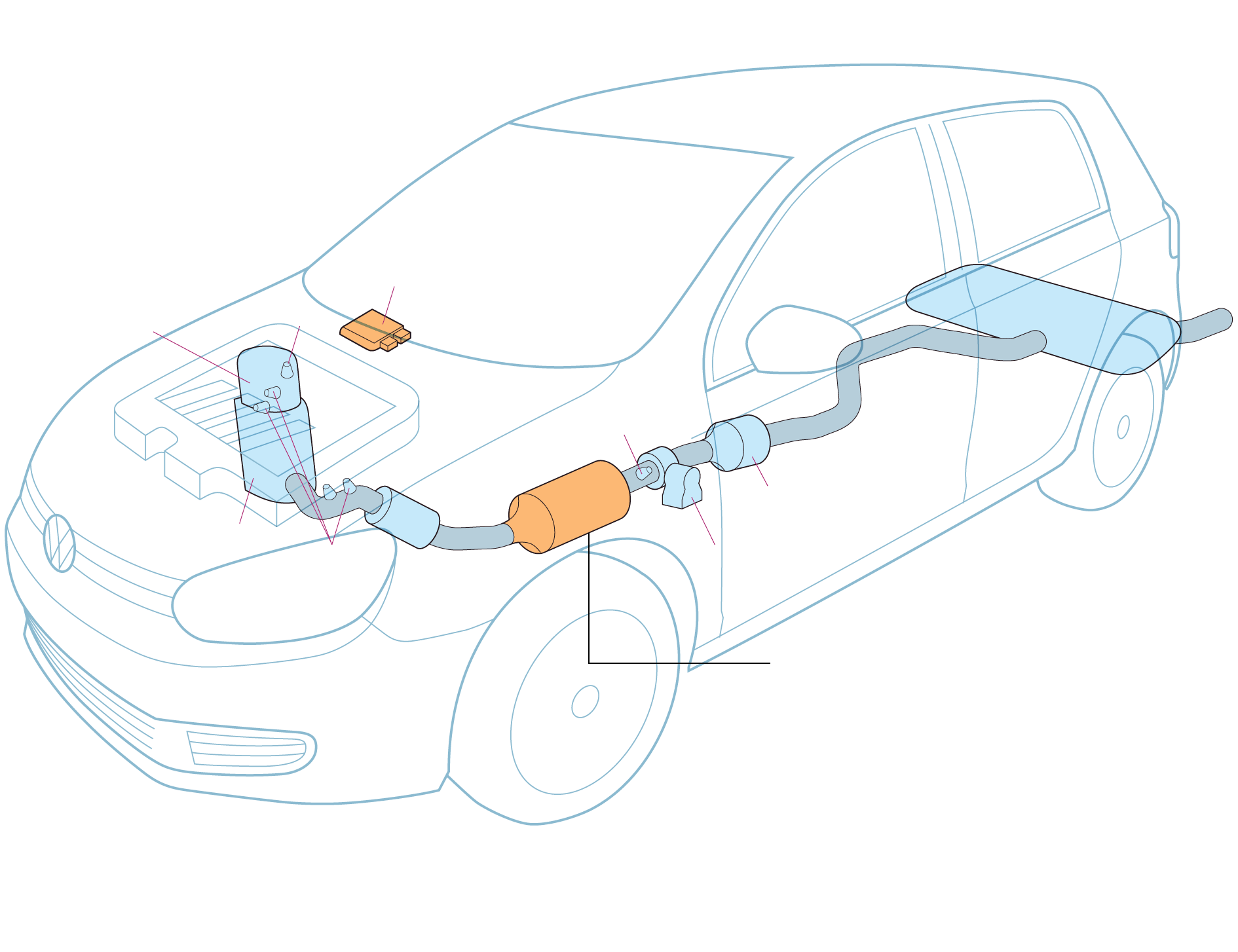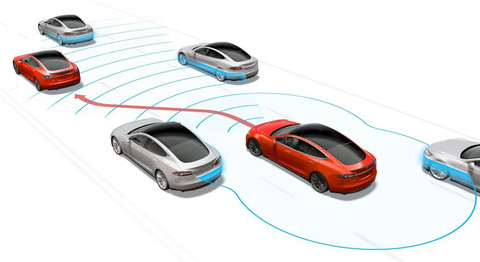The European Union has taken the initiative in forming an on-road automobile pollution testing policy, rather than only testing in labs. Author Danny Hakim explains in his article, “under the new plan, cars in Europe would for the first time be tested on the road, using portable monitoring equipment, in addition to laboratory testing.” The recent announcement has caused many notable automobile companies such as Volkswagen, BMW, and Toyota (and more) to beg for leniency in testing if the results reveal higher emissions than previously tested. This is due to the fact that many of these large automobile conglomerates have been cheating the tests by using technology that alters the result of the tests in their favour.
Hakim quotes later in the article, “suspicions about Volkswagen began when an outside testing firm did its own road tests on the company’s cars, using portable equipment. Emissions from Volkswagen cars were found to be as much as 40 times higher than what is allowed under the Clean Air Act in the United States, the Environmental Protection Agency has said.” It is believed that various other automobile companies also use methods that alter the test results of nitrogen oxides produced by their vehicles. Volkswagen, in particular, is being pointed at, as it is the largest car company in the world. It was found that roughly 11 million of their vehicles use nitrogen oxide traps, which essentially capture nitrogen oxides in the system’s chamber, resulting in decreased emission numbers. The following graphic highlights the nitrogen oxide trap – along with the car’s computer – in orange.

Because the policy was only recently proposed and has only been used by a private organization. However, after hearing about Europe’s new testing policy idea, automakers have requested that if the policy falls through, that Europe allows “a 70 percent increase in the nitrogen oxides their cars emit.” This is because it is not just large car companies that can’t keep under the emissions limit; more astoundingly, it is the entire auto industry that faces this problem as a whole. In fact, automakers have found ways to cheat emissions tests since they were first regulated in the early 70s. The truth can be frightening; in this case, it is the willingness to sacrifice the global environment for an edge over competition and a gain in profits that is so astonishing. But now the entire auto industry has been caught red handed.
In realization of the magnitude of this issue, “European policy makers had proposed allowing for a 30 percent increase in nitrogen oxide emissions as a cushion, in their own acknowledgment that the new tests would be more demanding,” (Hakim). Of course, they cannot enforce the current regulations, as most cars would not be allowed to operate on the road given the current standards. Although permitting lee weigh in auto emissions testing, the results will – for the first time in nearly half a century – be accurate. The first world should be tipping its hat off to Europe in acknowledgment of its efforts to help preserve the environment, and follow in its footsteps.
References
Main Article: Automakers Ask Europe for Leniency in Emissions Testing
Supporting Articles: Clean Air Act, Environmental Protection Agency, How Volkswagen Got Away With Diesel Deception,







